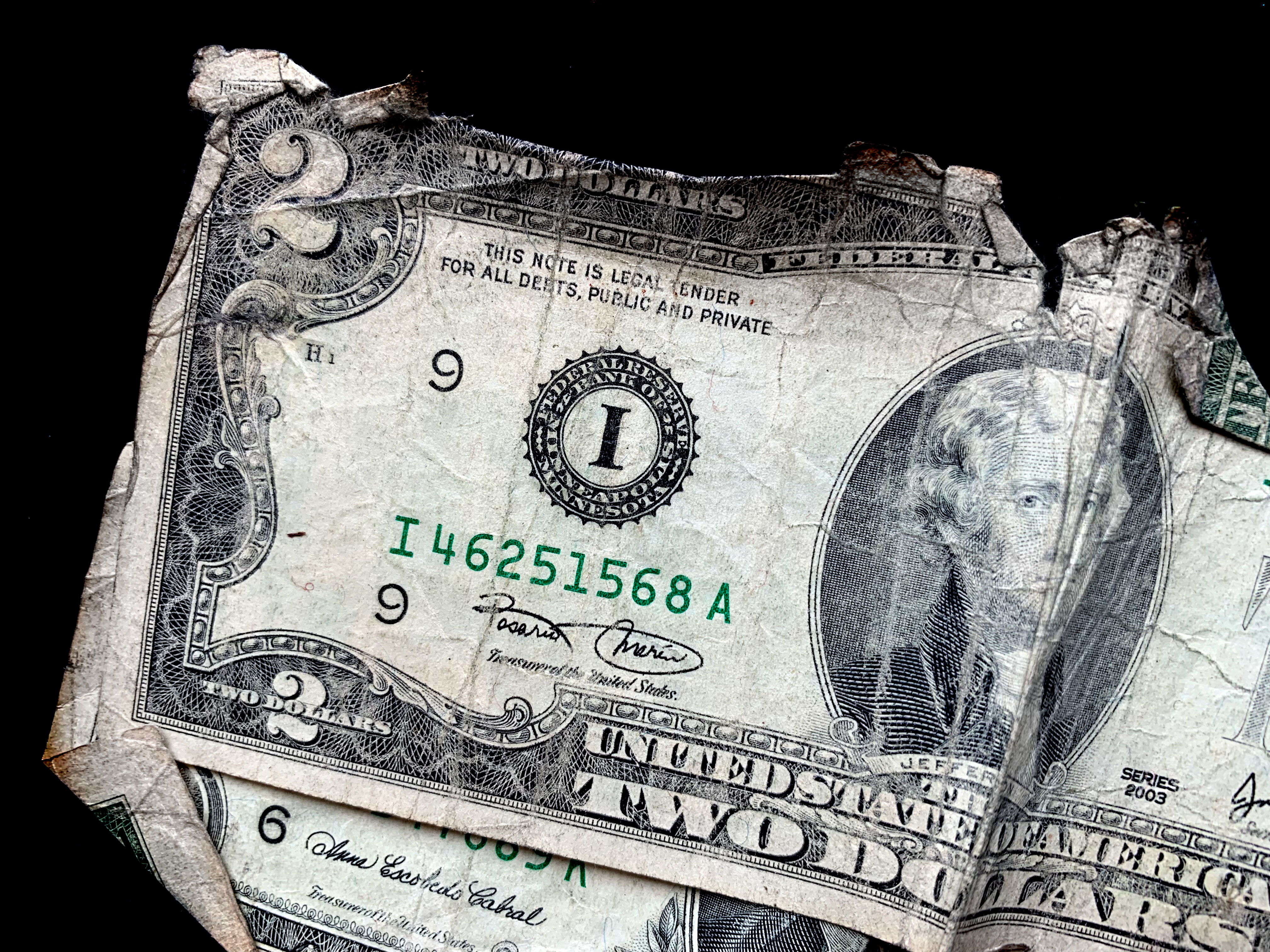The following text is a brief excerpt from the preface of Colin Drumm’s in-progress dissertation on the relationship between state power and the logic and structure of money and monetary relations. It is offered here, not as having established the truth of any propositions, but as an invitation to a conversation.
Money is an irreducibly political phenomenon, and monetary systems are thus directly the site of class struggle rather than simply a “veil” over, or a fetishized displacement of, struggles which take place at the site of labor, production and beyond. The real story of money, finance, and economic history differs in a number of fundamental ways from the “critique of capitalism” or the tradition of leftist political economy which we have inherited from Karl Marx. This tradition has become increasingly inadequate for thinking about our contemporary economic problems; It is indeed long overdue that for the sake of the spirit of Marx’s project, we make a decisive break with his concepts. We ought to stop praising Marx and instead recognize that the time has come to respectfully bury him.
What must be said at the outset is that a turn away from Marx is not, or is at least not necessarily, a turn toward liberalism. Our goal, instead, should be first to demonstrate that Marxism and Liberalism, these great ideological enemies of the 20th century, can best be understood as complementary positions upon a shared conceptual terrain. We then have to “pull the rug out” from under their apparent opposition by reframing the terms which structure their animosity. In doing so, we will be following the lead of Nitzan and Bichler who argued in Capital as Power that “without an ‘economy’ clearly demarcated from ‘politics’ we can no longer speak of quantifiable utility and objective labor value; and with these measures gone, neoclassical and Marxian capital theories lose their basic building blocks.”[1] Capital, they argue, should not be understood as representing some underlying substance (subjective utility or human labor, respectively) but as constituting, in itself, a “mode of power.”[2]
We can put the matter in the following terms: The fundamental concept of liberalism is “Choice.” Liberalism is the political philosophy and the economic theory of choices. Accordingly, choices make you free, and freedom—the freedom of market exchange—is what gives one choices. What we encounter on the other side is “Value” which is supposedly created by exchange in the market. However, this Value is the antithesis of freedom because it has “always already” been pulled from underneath it. By contrast, the basic thesis of Marxism is that the abolition of Value is the condition of freedom. Choice and Value, respectively, are the “building blocks” of liberalism and Marxism because they are what capital is understood to represent; they are the noumenal reality that lies beyond the phenomena of price; they are what explain the “ratios” between the prices of different goods, thereby making the economy a “rational” system. The essential argument of Nitzan and Bichler is that both Choice (subjective utility) and Value (human labor) can be subsumed under the concept of “power.” Furthermore, they argue that understanding this mode of power requires inverting the Marxist understanding of the relation between financial capital and the “real” economy:
The elements of corporate capitalization – namely the firm’s expected earnings and their associated risk perceptions – represent neither the productivity of the owned artefacts nor the abstract labor socially necessary to produce them, but the power of a corporation’s owners. In the capitalist order, it is power that makes the owned artefacts valuable to begin with. Moreover, the power to generate earnings and limit risk goes far beyond the narrow spheres of ‘production’ and ‘markets’ to include the entire state structure of corporations and governments.[3]
We ought to build upon this argument by showing that what they call “power” has the structure of what can be identified as “option.” This “logic of the option” will allow us to understand the entire apparatus of both the market and the state within the terms of a single conceptual framework. By laying this groundwork, we would arrive at a post-liberal political philosophy in which options, rather than Choice, are the domain of freedom, and a post-Marxist political economy in which a theory of options replaces the labor theory of Value.
NOTES:
[1] Bichler, Shimshon, and Jonathan Nitzan. Capital as Power. (London: Routledge, 2009), 30.
[2] Ibid., 3.
[3] Ibid., 8.
